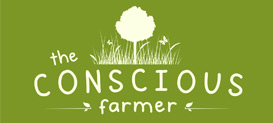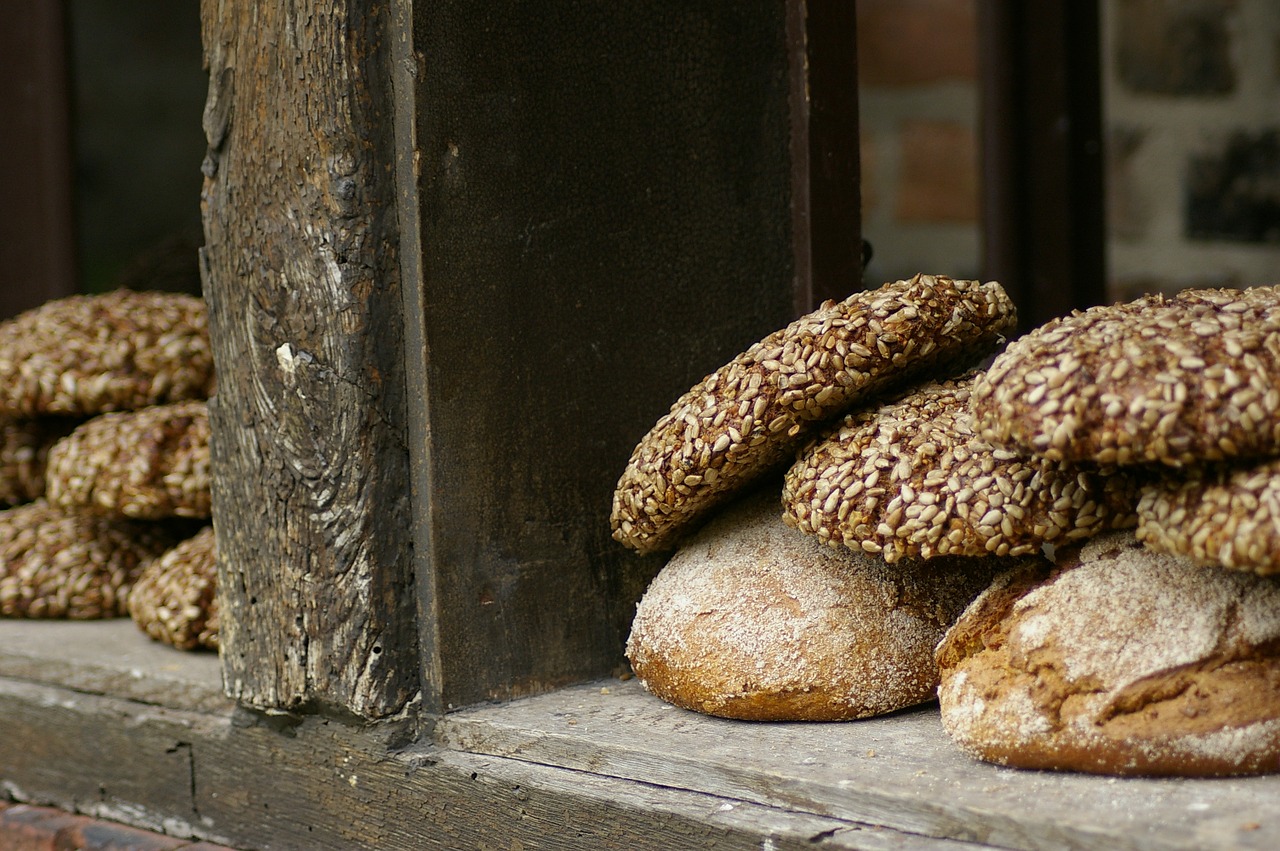When farming consciously we produce in a manner that we believe in from an ecological and social point of view, and if we can also better our profits by receiving a premium for this product then this is a bonus. The only way we are likely to receive a premium however, is if there is good demand for our product. What I am learning is that there certainly is a demand, and an ever increasing one at that. So I challenge you to ask if there is a way that you can receive a premium for your product, even if it is a commodity and not marketed at the end consumer. There have been several people lately, comment to me that they find it really difficult to source the organic grain that they need to use in their businesses.
I’m going to use organics as an example of the growing demand for consciously produced products – as data for this is more easily measurable and reported on.
The Australian Organic Market Report of Nov 2014 estimates that the Australian organic industry is worth $1.72bn – up 35% since 2012. [private] The rise to this figure has seen a 15.4% compounding increase in growth over the 5 year period leading up to the report. North America and Europe are the largest valued organic markets at 52.2% and 41.5% respectively of the global organic food market in 2014. Australia is still a relatively small portion of the total international market however – with our share being just 2.3% of the global market share.
Dairy was the fastest growing industry for Australia in 2014, followed by beef (beef’s compound growth was 127% from 2012 to 2014!). Organic grain production has grown 20% in 2014, with three year growth being 67%. Growth in the grains area has been into both the human consumption market and the livestock industries, and the grains is an industry where demand is significantly outstripping supply.
The biggest area of growth in Australia, according to the 2014 report was in exports. The export of organics from Australia more than doubled between 2012 and 2014, with many industries now had total demand outstripping supply.
Looking forward, Australian retail growth for organics in 2015 is expected to grow by 10%.
Why do people choose organics?
What interests me is why people are choosing organics. The following responses were indicated from the Australian Organic Market Report for 2014:
- Chemical free 80%
- Additive free 77%
- Environmentally friendly 68%
- Hormone and antibiotic free (meat) 60%
- Non-GMO and free range 57%
The above refers to organically certified products. There is however a larger buyer market seeking consciously produced, nourishing products, but not necessarily purchasing organics. It was just 1/3 of shoppers that said they would only buy a product labelled organic if it was organically certified, which leaves 2/3 of shoppers potentially shopping for such a product but not necessarily being captured by the figures from the Organic Report I have referred to (as they are not buying certified organic).
choosing nourishing food
The grassfed beef that Derek and I market is an example of this. While it is not certified organic, it would take the most minor of tweaks in our operation to become so. We do however have customers that value the chemical free, hormone and antibiotic free, grassfed/free range and environmentally friendly status of our beef. While we have considered organic certification, we currently work on a trust relationship with our clients and promote that our customers are welcome to come and visit the farm. This is what currently gives the accountability of our production system to our customers.
Producing in this way allows us to differentiate and to create a retail market for our product, which is a more profitable way of us selling our beef. If we were selling wholesale/into the commodity market, the aspects of our production systems that part of the retail market values would not recognised (except perhaps for a slight premium into a grassfed market), because the connection has been lost between us, the producer and the consumer.
The figures from the Australian Organic Market Report prove to us the increasing consciousness of buyers. Malcolm Gladwell, in his book The Tipping Point, suggests that a trend in society reaches a point of critical mass (or a tipping point), after which growth becomes exponential and the remainder of society follows. We are perhaps still a way off a tipping point (and some trends never reach that point), but there is certainly an increasing trend. How can you take advantage of this trend?
Unlike in the meat and dairy industry, where customers can choose to purchase their produce direct from the grower (based on the trust factor), grain production is still mostly commodity based, so rarely does a premium exists for grain that is consciously produced, but is not actually certified organic or biodynamic. This is a serious challenge for producers that are producing more nutrient dense grain through regenerative farming practices, and selling into a market that has no testing for or recognition of such qualities.
You may recall my previous blog about the practicalities of cover cropping, in which I wrote of my interview with Geoff Moyer of the Rodale Institute in the USA. The Rodale Institute is a research centre that is a working practical farm, and its organic. Geoff and his team are growing organic crops using methods such as zero-till cover cropping and doing it exceptionally well. Geoff has great examples of improved profits compared to conventionally grown crops, the differences arising partly because of the premium arising from the demand for organic grain and partly because of the production method.
As a grain grower, you may be able to develop a relationship with another business who are seeking quality grain and possibly with a story attached. One such example already exists with Brasserie bread – a Sydney bakery that makes single origin sourdough bread from flour made from grain from the Southern Flinders Rangers Premium Grain from South Australia. Now I don’t know that a premium exists for the grain into this market – but I think I’d be safe saying that there are advantages in this relationship. In this case the grain grower is milling the wheat into flour, but there may be other opportunities such as a free range, pasture fed pork producer or egg producer that require quality grain and with a story attached, but not necessarily certified organic.
References
“The Australian Organic Market Report 2014”. 4th May 2015. http://austorganic.com/wp-content/uploads/2014/11/AO_Report_2014_web.pdf

